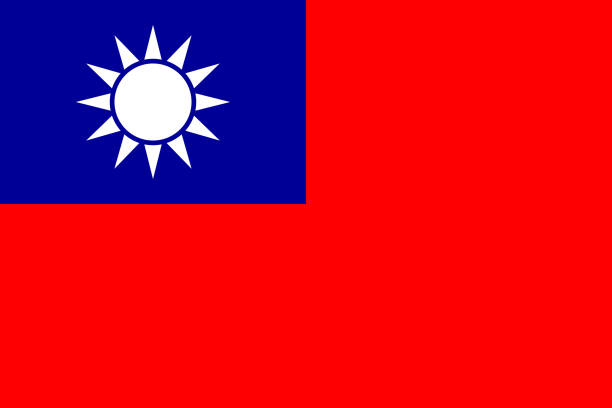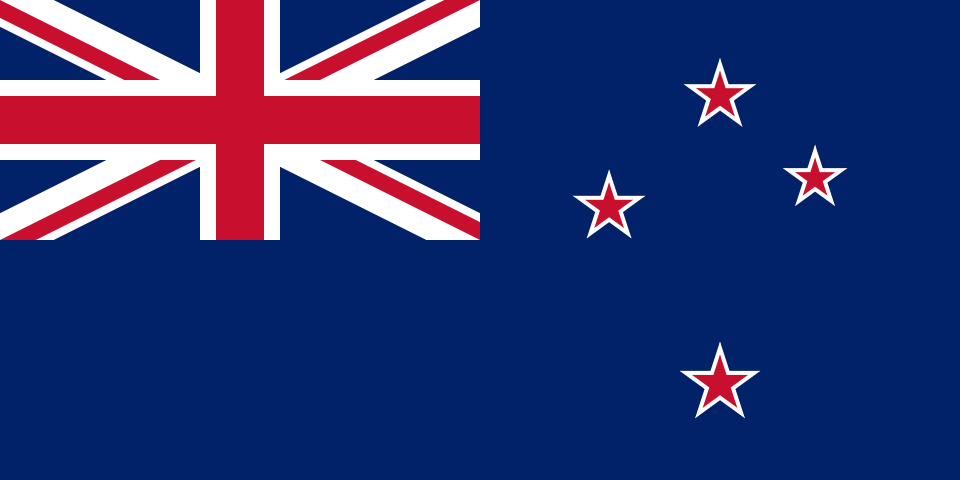Overview
The Employment Act is Singapore’s main labour law governing the basic terms and conditions of employment . It sets out the minimum standards employers must adhere to in areas such as payment of salary, working hours, overtime, rest days, holiday entitlements, leave (annual leave, sick leave, maternity leave), and other fundamental employment rights. In essence, this Act provides a baseline to protect employees from unfair practices and to ensure reasonable working conditions across industries. It was first enacted in 1968 and has been amended multiple times to stay relevant to the evolving workforce; notably, a major update in April 2019 expanded its coverage to more employees.
Coverage and Exclusions
The Employment Act covers most employees working under a contract of service in Singapore, whether local or foreign, on full-time, part-time, or temporary basis . This includes rank-and-file workers as well as, since 2019, professionals, managers and executives (PMEs) regardless of salary level (prior to 2019, some higher-earning PMEs had been excluded from certain core provisions). There are, however, a few notable exceptions to coverage:
• Seafarers, Domestic Workers, and Public Servants: These groups are not covered by the Employment Act due to the nature of their work and separate regulations governing them. For example, domestic workers (helpers) and seamen have industry-specific rules, and civil servants are covered under separate government regulations.
• Contractors vs. Employees: Only those with a contract of service (employees) are covered, not independent contractors who are on contracts for service. This distinction is important in determining who is protected under the Act.
It’s important to note that while the Act covers nearly all employees for core provisions (like salary and leave entitlements), Part IV of the Act – which deals with more specific conditions such as hours of work, overtime pay, rest days, and shift work – applies only to workmen (defined generally as manual laborers) earning up to a certain monthly salary (currently $4,500) and non-workmen (white-collar employees not in managerial/executive positions) earning up to $2,600 per month. Managers and executives are not covered under Part IV provisions at all, since it is assumed they have more negotiating power over work hours and are often not paid overtime even if they work long hours. In summary, core provisions (like timely salary payment and statutory leave) cover almost everyone, but detailed hour/OT rules apply only to lower-wage classes of employees.
Key Provisions and Employee Rights
The Employment Act lays down a number of basic rights and obligations for employers and employees. Some of the key provisions include:
• Payment of Salary: Employers must pay salaries on time (at least once a month, within 7 days after the end of the salary period) as stipulated by the Act. Deductions from salary are regulated – only certain authorized deductions are allowed (for example, income tax, employee’s CPF contribution, or other court-ordered deductions).
• Working Hours and Overtime: For employees covered under Part IV, normal working hours are capped (usually 44 hours a week). If these employees work beyond normal hours, they are generally entitled to overtime pay at 1.5 times the hourly rate. They also must have a rest day (usually one day per week, typically Sunday by default) and are subject to maximum overtime limits (72 hours of overtime per month, unless exempted by MOM).
• Paid Leave Entitlements: The Act mandates minimum paid annual leave for employees (at least 7 days per year, increasing with length of service). It also provides for paid sick leave and hospitalization leave for those who have worked at least 3 months, with certification from a doctor. Female employees who have served at least 3 months are entitled to paid maternity leave (16 weeks for Singapore citizens, under the Child Development Co-Savings Act, or 12 weeks under Employment Act for non-citizens, subject to conditions), and working fathers get paternity leave (2 weeks paid, under a separate act but often mentioned in conjunction). There are also childcare leave provisions for parents.
• Public Holidays and Holiday Pay: Employees are entitled to 11 paid public holidays a year. If required to work on a public holiday, they must be compensated with an extra day’s pay or a day off in lieu.
• Other Protections: The Act contains provisions against wrongful dismissal. After the 2019 amendments, all employees, including PMEs, can file claims against unfair dismissal. Wrongful dismissal may include firing without just cause or excuse, such as for attempting to claim a statutory benefit or for discriminatory reasons. The Act also requires that key employment terms (KETs) be provided in writing to employees (to improve clarity of terms) and mandates itemized payslips, which help employees understand their salary and any deductions.
Enforcement and Dispute Resolution
The Ministry of Manpower (MOM) is responsible for enforcing the Employment Act. Employers who breach the Act (for instance, not paying salaries on time or not granting the minimum leave) can face penalties, including fines or even imprisonment for serious offenses. To assist with compliance, MOM and its partners engage in public education (like the Workright initiative to inform workers of their rights).
If disputes arise under the Employment Act, such as salary non-payment or claims of unfair dismissal, these can be addressed through the Tripartite Alliance for Dispute Management (TADM) and, if not resolved, escalated to the Employment Claims Tribunals (ECT). TADM provides mediation services for employment disputes, offering an accessible way for employees to seek recourse (more on TADM below). This framework underscores a key aspect of Singapore’s approach: ensuring that issues are first attempted to be settled through mediation before formal legal hearings.
Overall, the Employment Act is fundamental in setting the minimum bar for employment standards in Singapore. Employers often provide terms better than the Act (for competitiveness and fairness), but they cannot go below these minima. For HR professionals and businesses, familiarity with the Employment Act is crucial to ensure all employment contracts and HR policies are in compliance with Singapore law.







